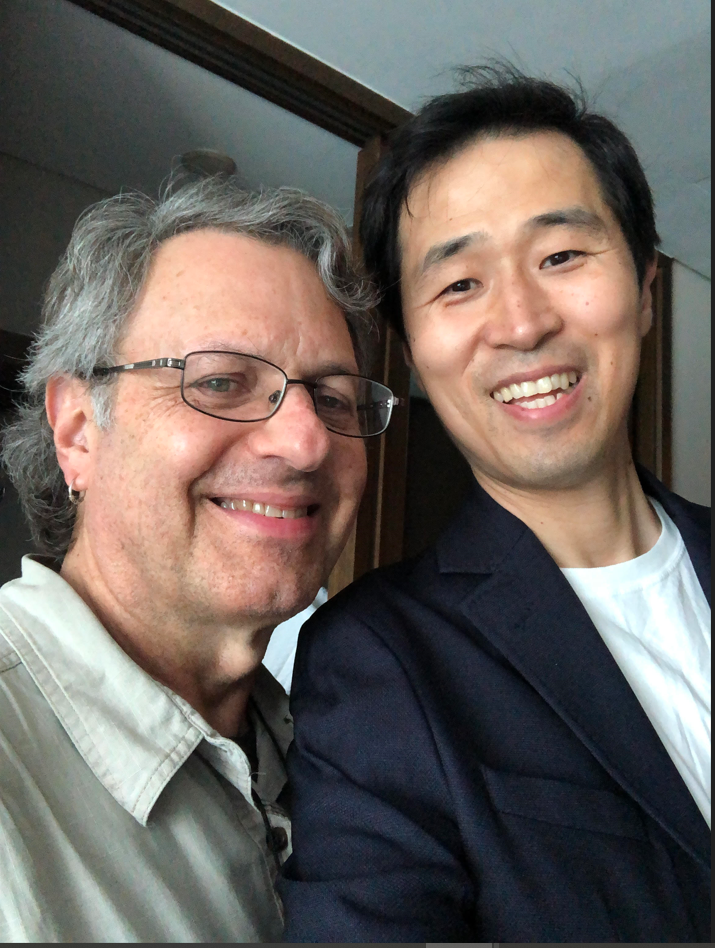I’m excited by my first trip to South Korea.
Last year I was invited to give two plenary lectures on a Christian worldview at a conference at Handong Global University, in Pohang, South Korea. The time has now come for the conference and I am finally in Korea.
The conference is called, “Christian Scholars: Forming Identity, Building Community.” It is sponsored by the International Network for Christian Higher Education (INCHE) and is for Christian academics throughout Asia and Oceania. I’ve been told that scholars and teachers from twelve different countries will be attending.
Why was I invited to give these talks? That’s something I asked when I received the invitation.
It seems that lots of Koreans have read my work, and not just my first book on a Christian worldview, which I wrote with Brian Walsh (The Transforming Vision). The Korean translation of that book sold as least as many copies as (if not more than) the original English edition!
It turns out that all of my books have been translated into Korean (The Transforming Vision is also in French, Spanish, Portuguese, and Indonesian). Given my career as a biblical scholar since The Transforming Vision, it seems that the conference organizers wanted to hear how I would articulate a Christian worldview today in our contemporary global context.
My two lectures will introduce participants to serious biblical theology, focusing on humanity as the image of God and the movement of the biblical story towards the eschaton. I will attempt to draw implications from this deep dive into Scripture for Christians in academia (connecting to the twin conference themes of identity and community).
My lectures are entitled “The Vocation of the Christian Scholar: Called to Image God” and “Teaching towards a Vision: A New Heaven and a New Earth” (you can read a summary of the lectures here).
The conference runs for three days; my lectures are on days 1 and 2 (you can see the conference schedule here).
There are also thirteen breakout sessions planned, with three presentations in each (thirty-nine presentations in all). You can see the range of topics here.
I am both honored to be at this conference and somewhat intimidated by my assignment. But I am trusting in the grace of God and in my wonderful Korean hosts.

A selfie with Shin Gyun Kim, my Korean host who picked me up from the airport in Seoul.
I’m very much looking forward to fruitful engagement with fellow Christians in academia from different cultures and diverse fields of study.







